
“Research is to see what everybody else has seen, and to think what nobody else has thought.”
Albert Szent-Gyorgyi
Recent EVENTS
What a year!
The start of the new academic year 2023-2024 is a good time for reflection of the past 12 months- and these were quite eventful for some of the members of the team. The 2022-2023 period could be described as the chemical ecology team’s ladies power year! First, congratulations to Dr. Christina Roggatz, who only a handful of years after completing her PhD in the group working on chemical cues and impacts of pH, managed to be awarded a highly prestigious Volkswagen Stiftung Freigeist Fellowship held at the University of Bremen, Germany. She will be extending her studies on pH and signalling on diatom-bacteria biofilms and has now established her own research team in Bremen- amazing and if you like to learn more here is the link to her latest work.
Not to be left behind, Dr. Katharina Wollenberg-Valero our main collaborator in the department in Hull, co-PI on the NERC grant, co-author and co-supervisor of a number of postgraduates in the Chemical Ecology team as part of the MOLStress PhD cluster she headed at the University managed to obtain a major fellowship herself- she was awarded a European Research Council (ERC) grant! Her project is examining the “Molecular mechanisms and consequences of thermal stress in changing aquatic environments”. With this amazing grant also came a move away from Hull University to Dublin where Katharina has been appointed at University College Dublin (UCD) in the role as associate Professor, a huge congratulations! Have a look at her amazing research group website.
Finally, not directly related to the chemical ecology lab we also saw major success through a family member, Dr Iris Hardege who until recently worked at the MRC funded Cambridge Laboratory of Molecular Biology (LMB). Maybe, or maybe not inspired by working with worms from toddler age onwards she gained a Royal Society University Research Fellowship for 2023. A trained biochemist she starts her own research group at Cambridge Zoology department in October 2023, so technically for the next academic year examining the molecular complexity of nervous systems using C. elegans as a model system – she may even do some chemical ecology if we ask her nicely!
PhD/MSc Projects
As update on the successful completion of MSc by Research and PhD projects in the team and our associated members we again look at ladies’ power first! Completions in the academic year 2202-2023 started with Bethany Howard completing her MSc thesis on the ‘individual variability in the response of shore crabs upon plastic odour’, Hannah Ohnstad then completed her MSc on the ‘combined stress of pH and microplastic derived odours’, Dr. Luana Mincarelli completed her PhD, and now works at the Istituto Zooprofilattico Sperimentale dell’Abruzzo e del Molise “G. Caporale” in Teramo, Italy. Next to come was Paula Schirrmacher who has submitted her PhD thesis and today completed her viva- quite an achievement given that she moved to her new position at the University of York where she now works as a Research Intelligence Analyst and that is on top of a new arrival to her family to come this autumn.
So, again a huge congratulations to everyone, well done and wonderful to see how well everyone is doing now.
– So what about the rest of the team? Well, not to be completely outdone, Angus Monahan completed his MSc on shore crab physiology earlier in the year and is currently completing small changes after receiving positive feedback on his work and Lauric Feuberge completed his PhD with an amazing viva in spring. His work on stress metabolites in Katharina Wollenberg-Valero’s lab was praised by all examiners as outstanding. Congratulations therefore also to Dr. Lauric Feugere and again also for gaining an exciting new position as postdoctoral researcher at the University of Quebec, Rimourski, Canada working with Pierro Calosi.
Our New OPinion Paper: Climate Change impacts on Chemical Communication
Combining evidence from terrestrial, freshwater and marine environments this opinion paper collates evidence on how climate change can alter chemically-mediated interactions. We present a systematic approach to address highlighted knowledge gaps and cross-disciplinary research avenues.
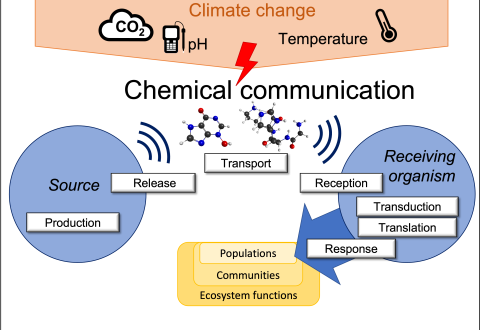
Sniffing out the Role of Oestrogens in Early Brain Development
This new study reveals a crucial role of oestrogens during embryonic brain development in the olfactory bulb. Using a zebrafish oestrogen biosensor and chemical and genetic cell ablation techniques, we provide evidence that oestrogens act on oestrogen-responsive glia cells to regulate olfactory circuits.
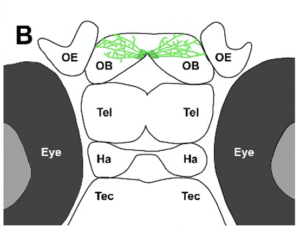
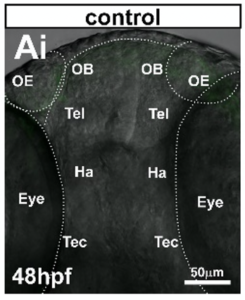
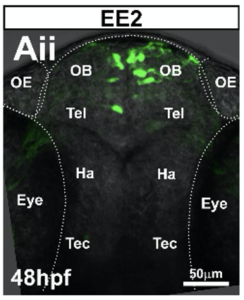
Visit to the Yorkshire marine research Centre, August 2021
Finally, the pandemic situation allowed a visit to our prospective partner in Bridlington, the Yorkshire Marine Research Centre (YMRC). Dr. John Terschak showed us around the facilities and we marvelled at the lab equipment, the lobster hatchery and the research vessel Huntress. With the vast variety of research opportunites at YMRC, new joint research proposals will be on their way soon.
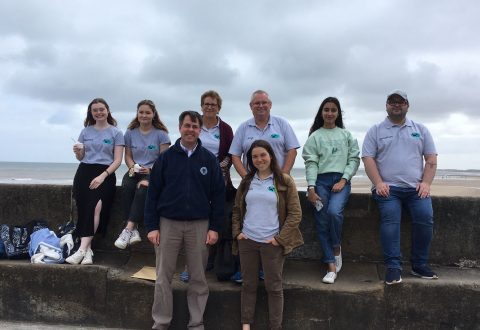
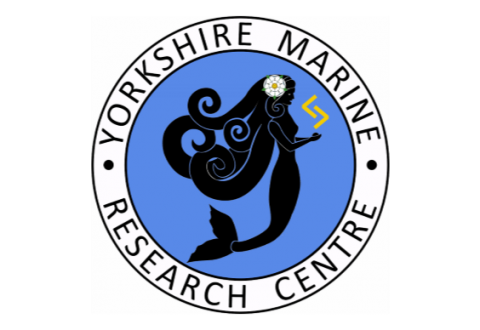
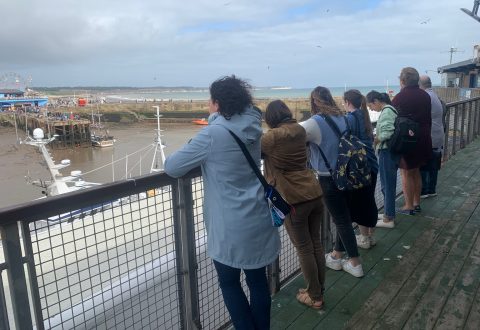
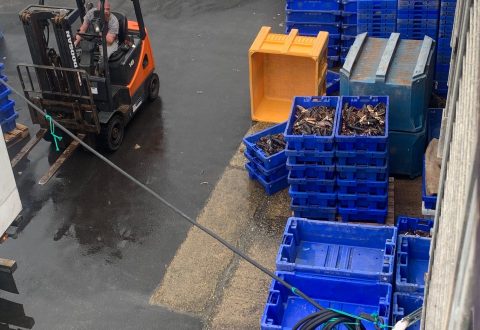
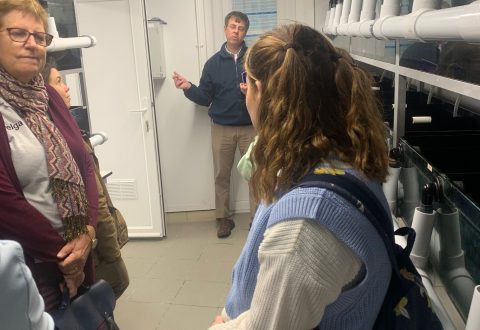
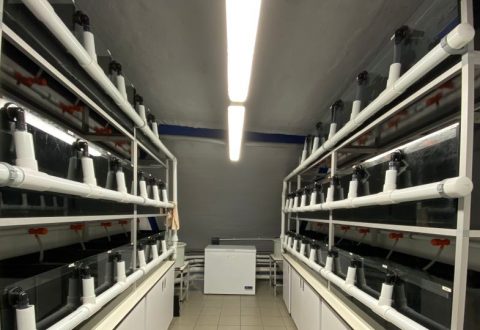
First in Person Writing Retreat in over A Year, June 2021
After over a year of online lab meetings and writing retreats we could finally draw fresh motivation from this in-person writing retreat. Showing off our new group T-shirts, we discussed methods, dreamed up new projects and buckeled down to get those papers written. The productive day was rounded up with a BBQ, making this the only garden in England where nerdy crustacean and chemistry jokes meet great potato salad.
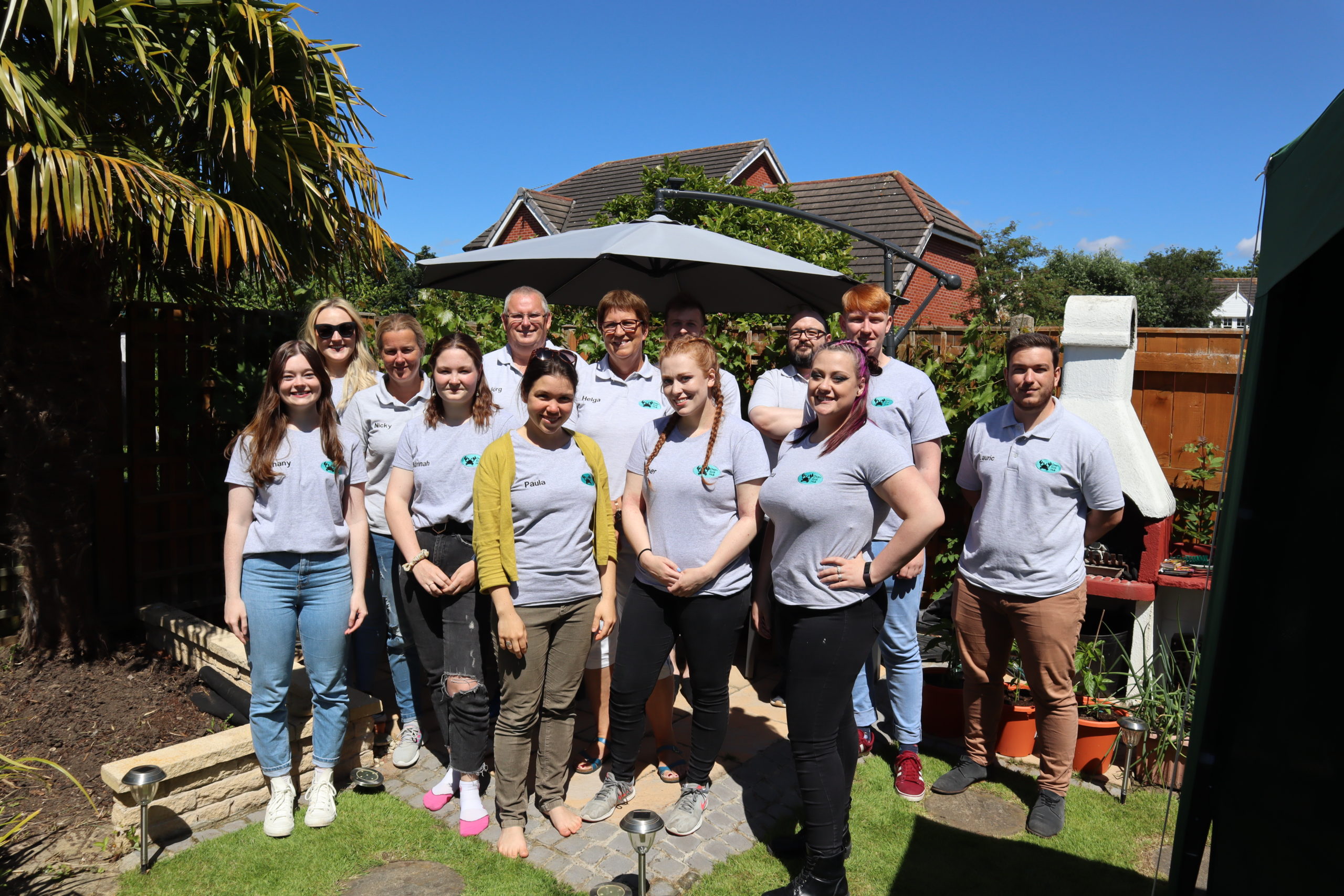
Mechanistic Exploration of A pH-Dependent olfactory Response
Hot off the press in the Journal of Chemical Ecology: Hermit crabs are attracted to the supposed predator cue 2-phenylethylamine and their response is amplified by ocean acidification. Our recent study also explores potential mechanistic pathways and hypothesises that ocean acidification can alter cue reception. An exciting interdisciplinary study that advances our understanding of climate change effects on chemical communication!
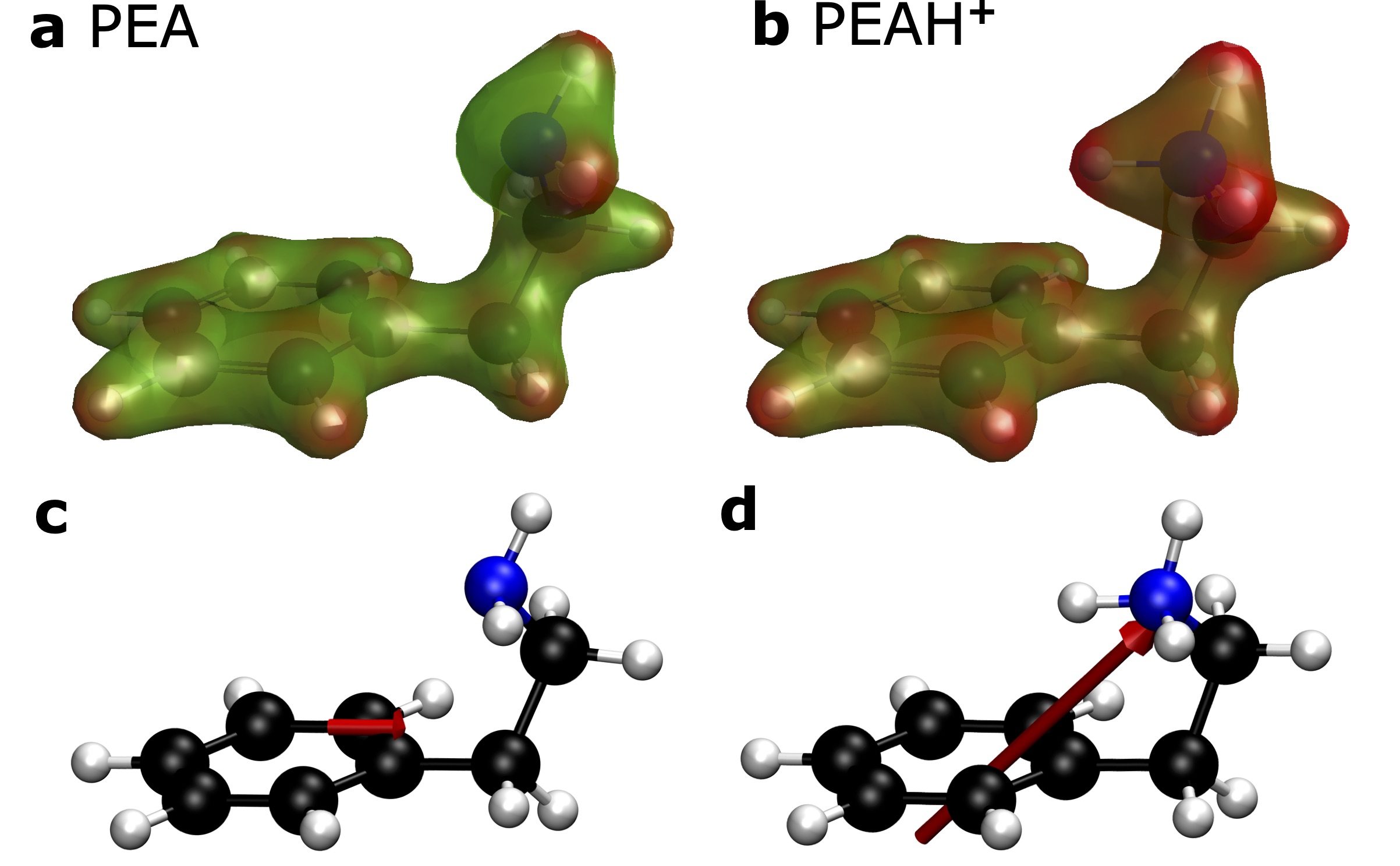
Plastic additives might Create Olfactory Traps for Marine Life
We are proud to share this recently published article in the Marine Pollution Bulletin! For his masters thesis, Jack investigated the role of a plastic additive in chemical communication. Measuring the respiration rate of hermit crabs showed that hermit crabs are getting excited about the smell that leaches from plastic. Jack and his co-authors found that hermit crabs are attracted to the slipping agent oleamide. The study concludes that oleamide might double as a feeding cue for scavengers such as hermit crabs, potentially creating olfactory traps.
Marie Skłodowska-Curie actions fellowship
Dr. Victoria Moris from Université Libre de Bruxelles and university of Namur, Belgium, won the prestigious H2020 MSCA fellowship and will be joining our research group as a postdoctoral researcher next year. Well done, Victoria, and welcome to our group!
Working interdisciplinarily, her work will focus on the impact of ocean acidification on chemical communication in Platynereis dumerilii. This research will be carried out in collaboration with Prof. Jékely from the University of Exeter.
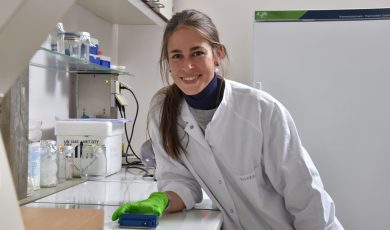
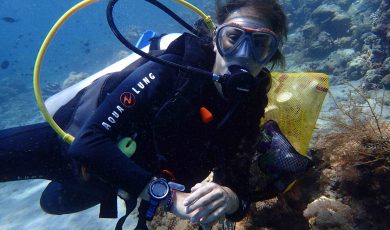
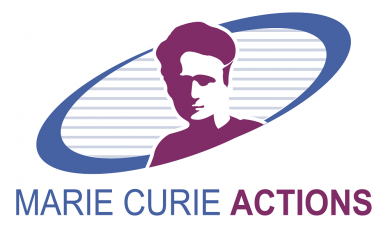
SETAC annual meeting and EGU assembly, SprinG 2021
Jess's presentions of the first set of her PhD results on microplastics ingestion by Antarctic marine benthic invertebrates were very well received by the virtual audience. She presented a poster and a flash talk at the EGU general assembly in the session 'Global plastic contamination: a journey towards scientifically informed policies and solutions' and a platform presentation at the SETAC annual meeting in the session 'Unravelling the occurance and impact of multiple stressors of natural and anthropgenic origin pollutants in polar regions'.
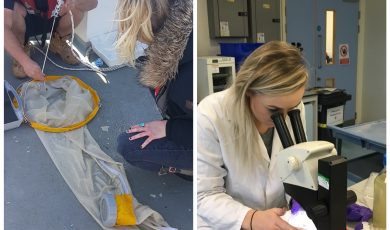
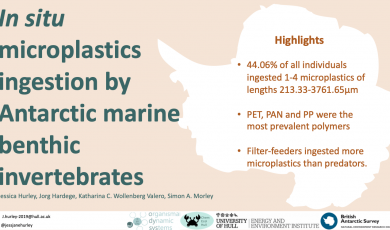
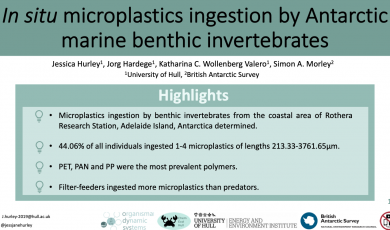
Congratulations, Jack!
Our alumni Jack is starting a PhD at the Coastal Marine Ecosystems Research Centre (CMERC) at CQUniversity Gladstone, Australia. Starting in September 2020, he will investigate the effects of microplastic contamination in seagrass meadows. Well done, Jack!
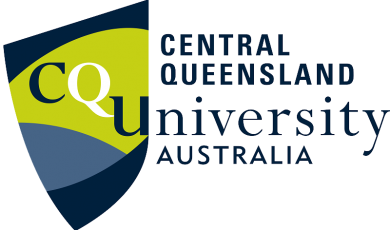
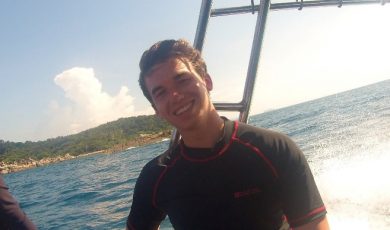
Our research group is growing
One is leaving, four more are coming: Congratulations Ellie-Mae for completing your Masters degree! In September George, Angus, Bethany and Hannah are starting their Masters within our Chemical Ecology group. Check out their cool projects on shore crab and ragworm behaviour under climate change and microplastic pollution!
Best talk at postgraduate conference, January 2020
Paula won the first prize for the best talk at the annual postgraduate conference of the University of Hull. In her talk, she showed that ocean acidification affects how hermit crabs respond to a predator related cue. Her computational models impressively illustrate that changed receptor-ligand interactions could be responsible for this effect.
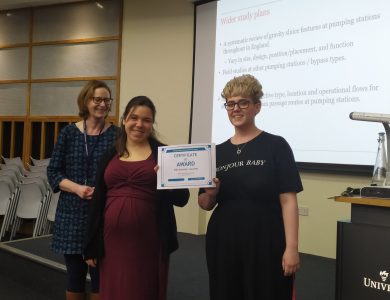
Our traditional christmas bowling
Combining work with pleasure, every Christmas time we finish one of our writing retreats a little bit early and head down to the bowling center together. With few strikes and lots of laughs we end the year with this social event. Even Santa dropped in for a surprise visit. Merry Christmas to everyone!
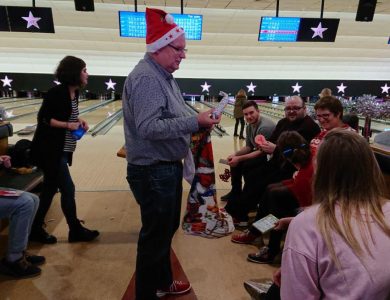

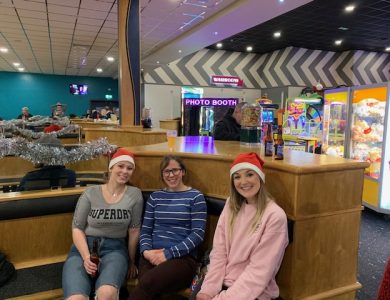
Will future oceans be more toxic?
A new dimension to climate change effects is revealed by our research group in collaboration with an international team of researchers. Ocean acidification and climate change enhance the potency of two of the most toxic substances in our oceans: Saxitoxin and tetrodotoxin bioavailability increases in future oceans. Published today in Nature Climate Change.
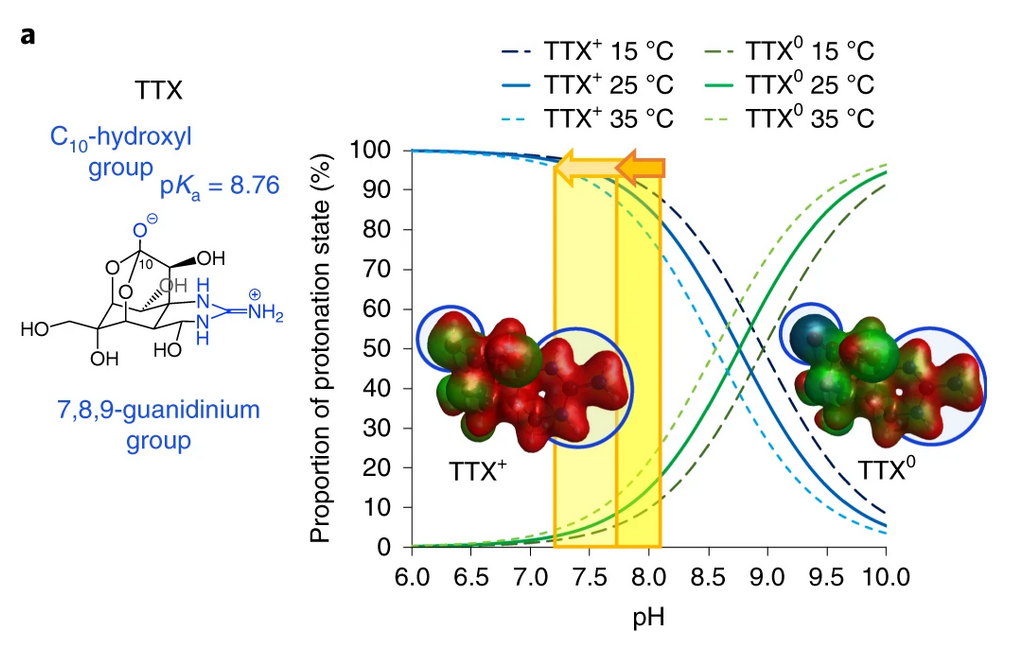
Structured Research Projects October 2019 in Faro, Portugal
During a long week of work, we collected more than 2000 data points in a joint effort to improve our understanding of olfactory perception in climate change scenarios. The projects ranged from sex pheromones of invasive species to fighting behaviour under dopamine exposure. This would not have been possible without the great technical support at the Ramalhete Marine Station of the Center of Marine Sciences.
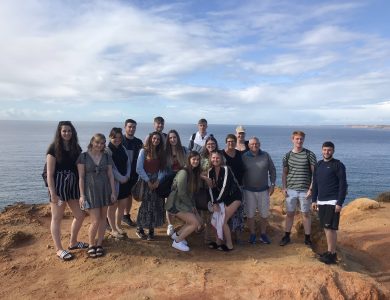
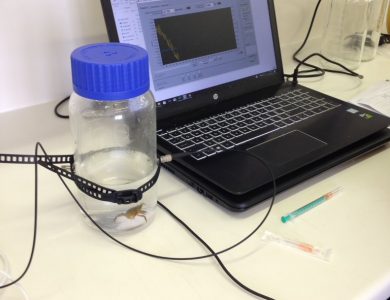
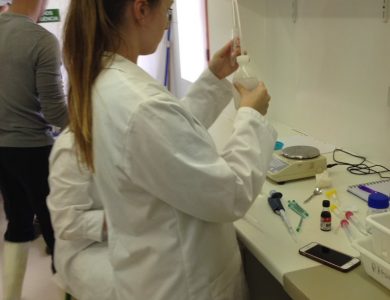
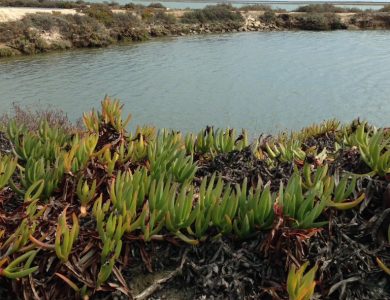
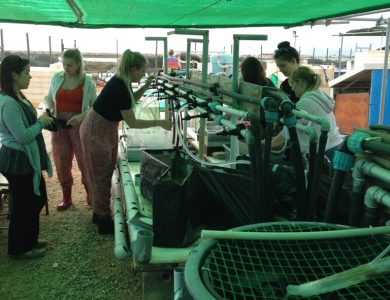
Chemical Ecology Conference June 2019, Atlanta, Georgia
The session 'Language of Life under Climate Change', organised by Christina, Jörg and Mahashweta Saha (Plymouth University) was very well received. Jörg, Christina and Paula presented their work on the effects of ocean acidification on biotoxins, chemical signals and their function.
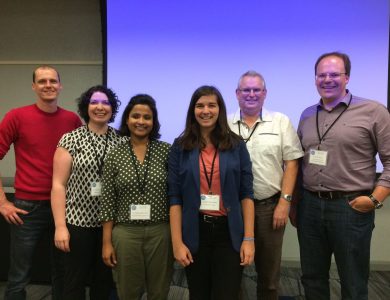
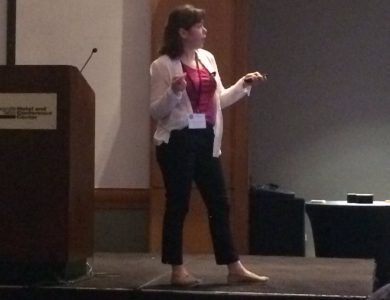
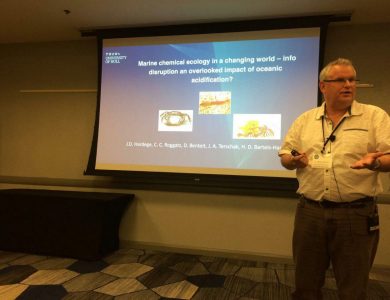
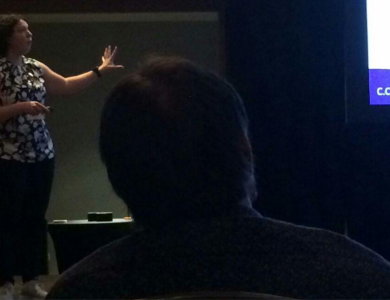
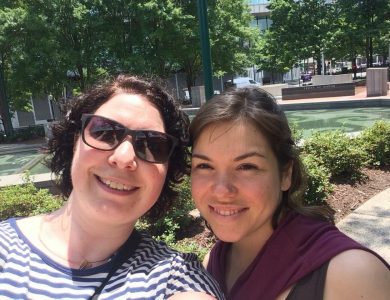
Complex Science tought in an engaging way (6-12 year old)
Alumnae Grace Marner won a Royal Television Society student award for her TV package based on research from the University of Hull. As part of her final MA project in Broadcast Journalism at the University of Sheffield, Grace worked with Jörg and Helga to look at the effects of ocean acidification on the communication of marine animals.
